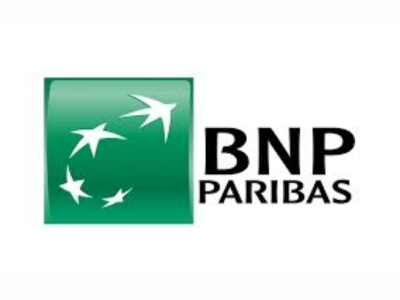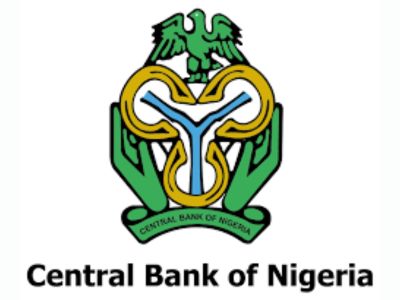BNP Paribas Shares Slide After U.S. Jury Finds Bank Aided Sudan Genocide
- by Editor
- Oct 20, 2025

Credit:
France’s largest bank, BNP Paribas, saw its stock plunge nearly 10% on Monday following a landmark U.S. federal jury verdict that found the institution complicit in aiding Sudan’s former regime in committing genocide.
The court ordered the bank to pay $21 million in damages to three Sudanese refugees who are now U.S. citizens.
The ruling, delivered on Friday in New York, stems from a decade-long legal battle alleging that BNP Paribas facilitated access to international financial systems for the government of ex-President Omar al-Bashir during the 1990s and 2000s. The funds allegedly helped sustain atrocities during the Darfur conflict, which claimed over 200,000 lives and displaced millions. Plaintiffs testified to enduring human rights abuses under Bashir’s 30-year rule, which ended in a 2019 coup.
BNP Paribas responded with a statement vowing to appeal, arguing the verdict “ignores important evidence the bank was not permitted to introduce.” The bank, which previously pleaded guilty in 2014 to violating U.S. sanctions and paid an $8.9 billion fine, contends the decision should not open the door to further claims.
Lawyers for the plaintiffs hailed the ruling as a potential precedent for thousands of Sudanese refugees in the U.S. to seek reparations, spotlighting BNP’s alleged role in supporting a regime indicted by the International Criminal Court for genocide and crimes against humanity.
Market analysts attributed the stock’s sharp decline—down 9.5% to €58.20 by midday Paris trading—to investor concerns over cascading legal liabilities. “This reopens old wounds and risks,” said one Paris-based trader, noting the potential for broader financial fallout.
The Darfur conflict, officially recognized as genocide by the U.S. in 2004, continues to reverberate through legal and financial systems. The BNP case underscores how historical atrocities can resurface in modern litigation, raising questions about corporate accountability in global crises.













0 Comment(s)